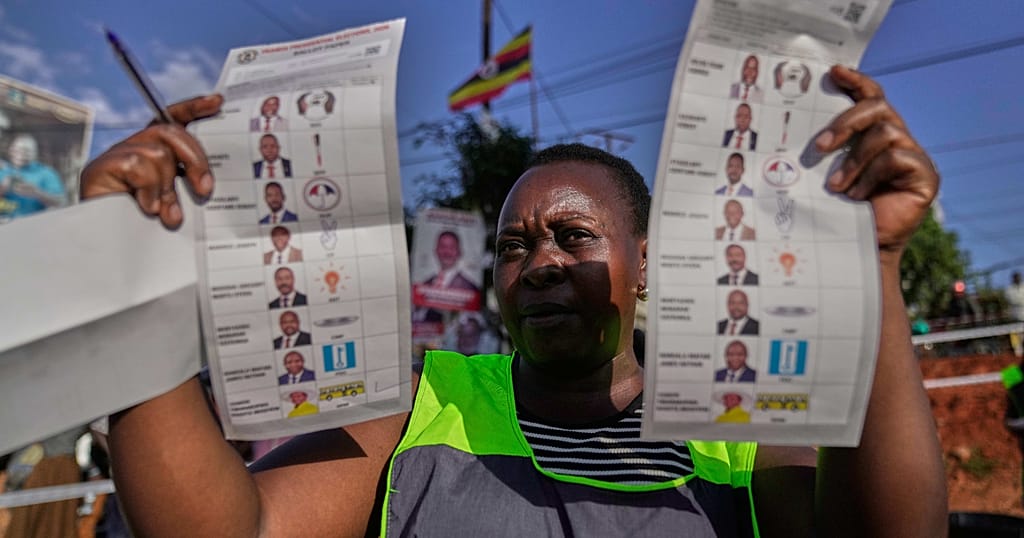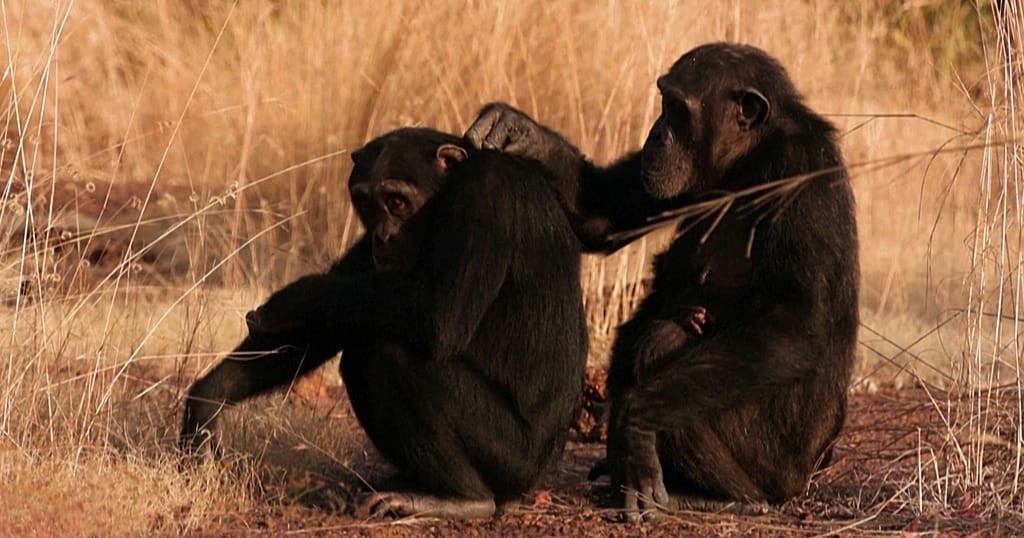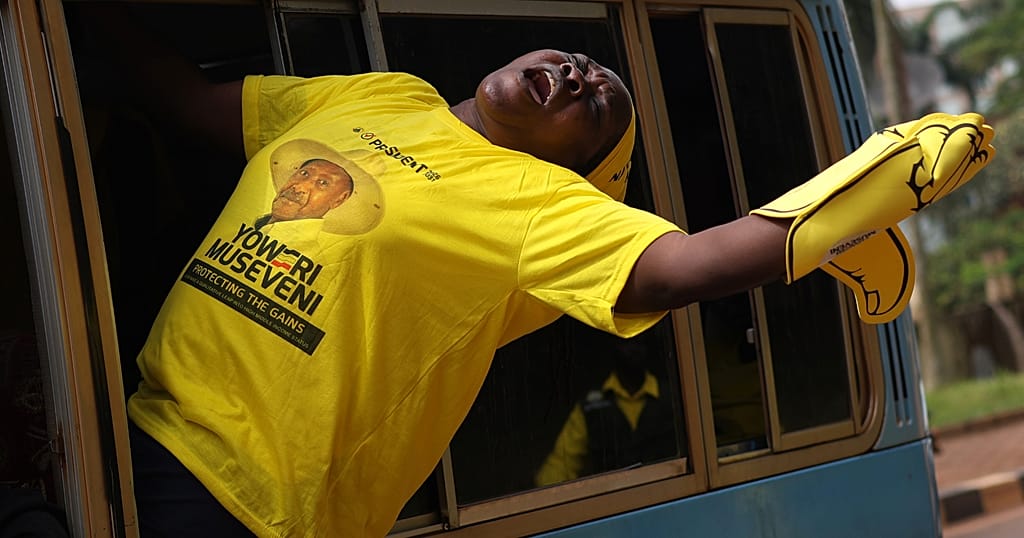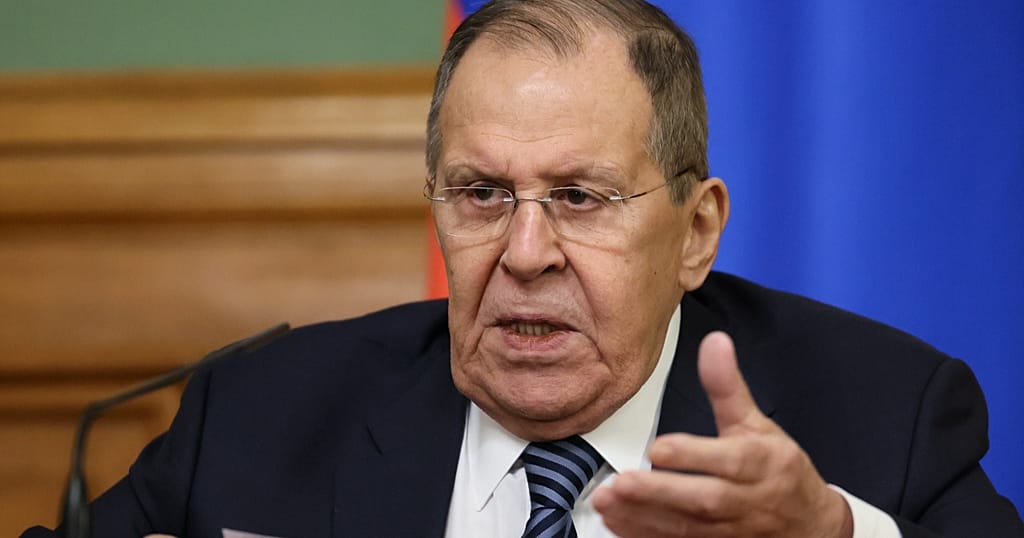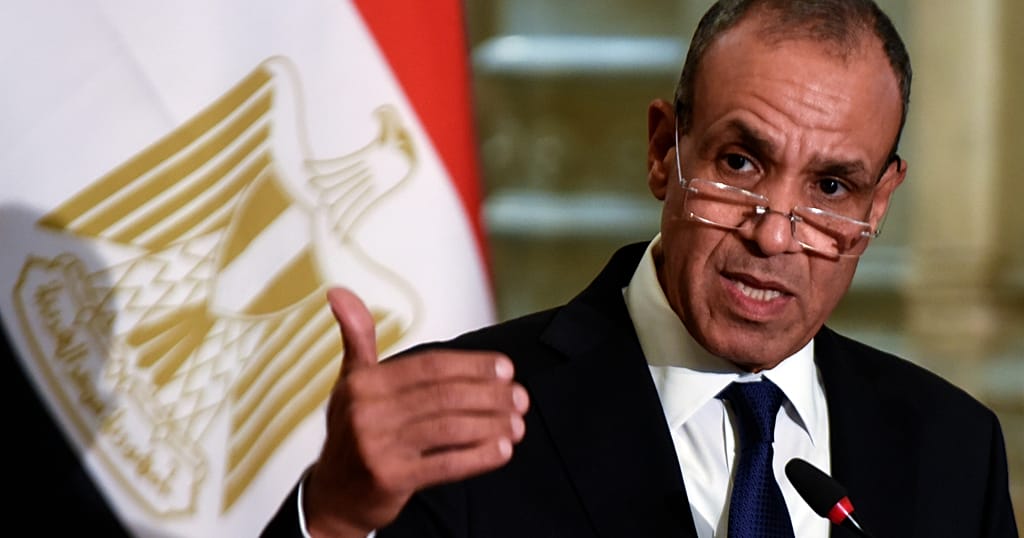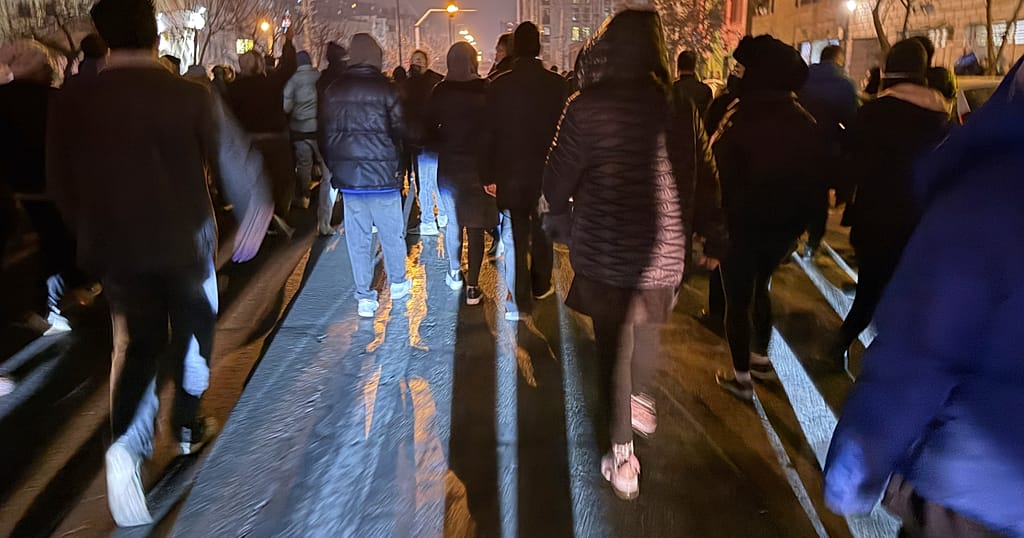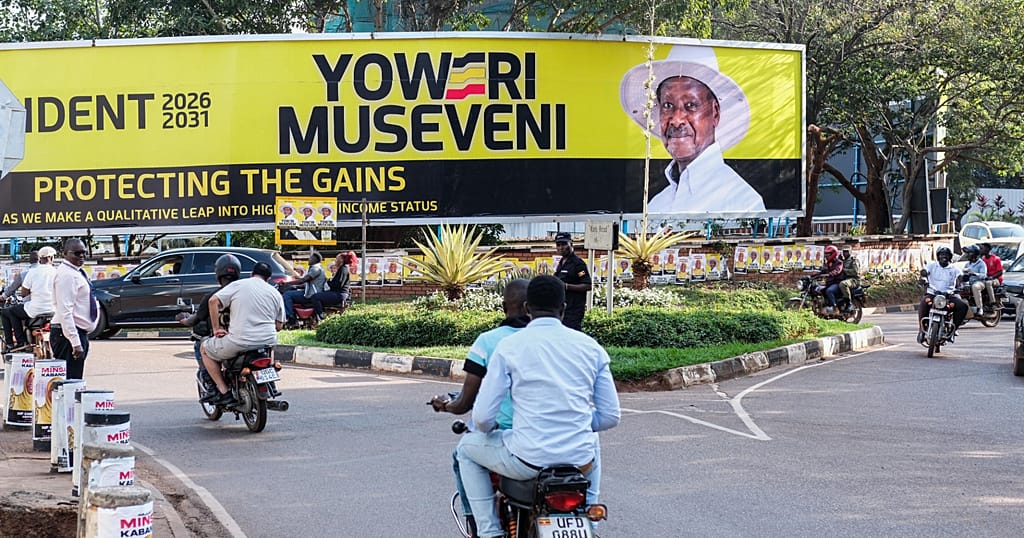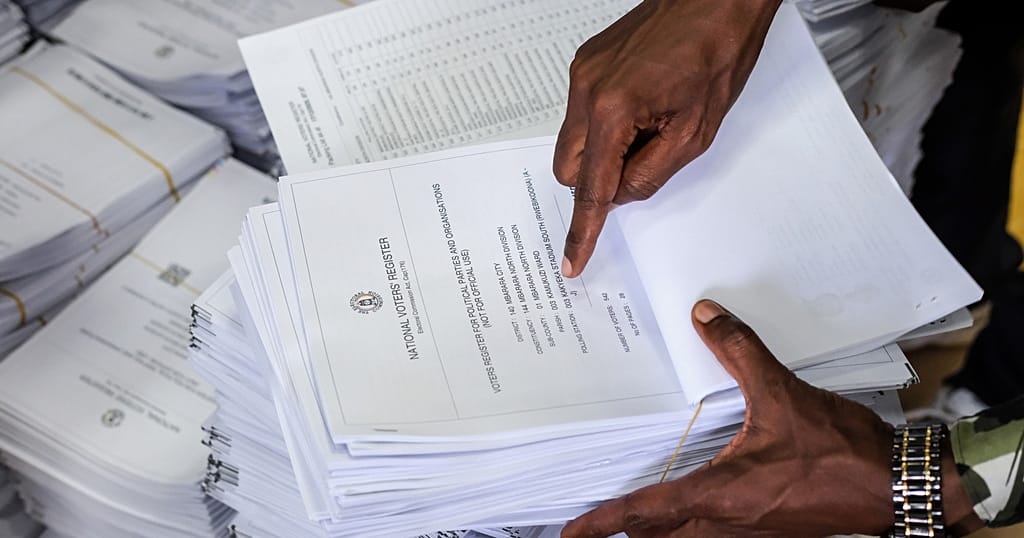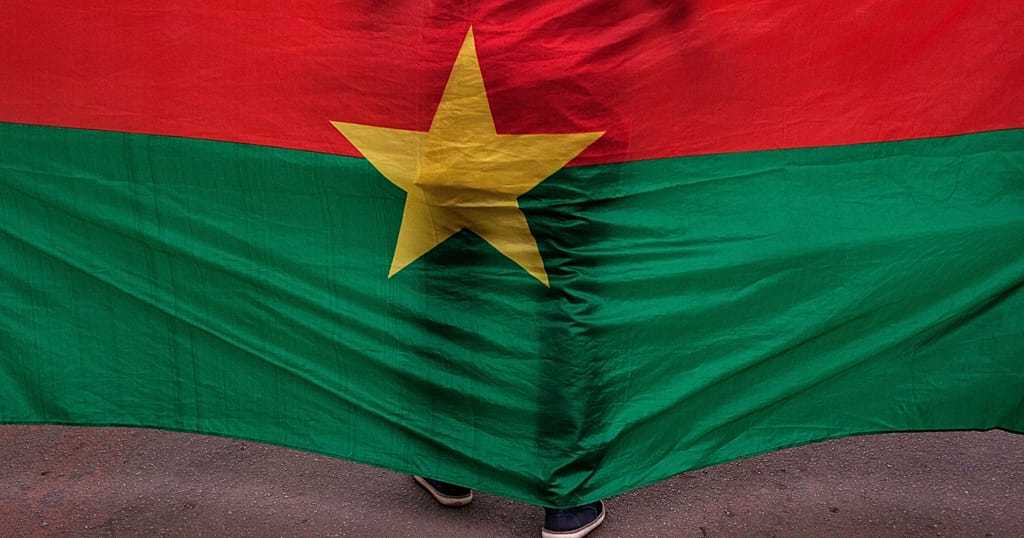Uganda’s anti-gay law jeopardises progress in the fight against AIDS
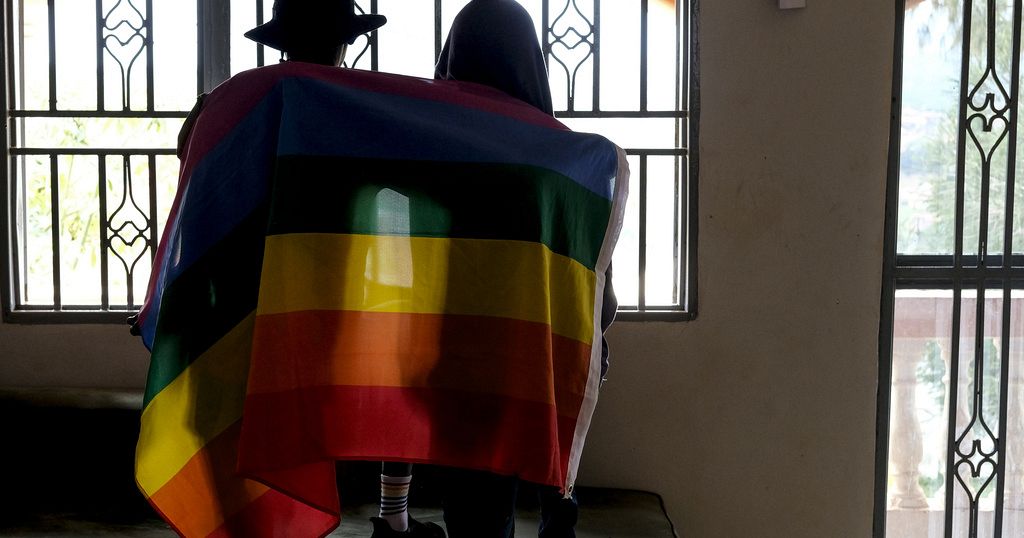
The aisles of a clinic for HIV-positive patients on the outskirts of Kampala are almost deserted.
However, staff keep an eye on CCTV footage for suspicious individuals, reflecting the fear of health workers after Uganda passed one of its most repressive laws criminalising homosexuality.
“People need to trust their health workers, health workers need to trust their patients, but in the current circumstances, this has created a situation where everyone is afraid of each other,” says Brian, the clinic’s founder.
During the three hours AFP spent in the clinic, no patients entered – a sign of the effects of the law on efforts to combat HIV in this East African country, according to Brian, who preferred not to give his surname, citing security concerns.
Last May, President Yoweri Museveni, who has ruled Uganda with an iron fist since 1986, signed into law one of the most repressive laws in the world, imposing severe penalties on people who have homosexual relations.
The law provoked a wave of indignation from human rights organisations and many Western countries. It has also raised fears among patients and health workers that they will be reported to the police, with anyone found guilty of vaguely ‘promoting’ homosexuality facing up to 20 years in prison. There is also a ten-year ban on organisations found guilty of promoting homosexual activities.
When the law arrived in Parliament, the debates were peppered with homophobic insults. “We received many calls from people (former patients, editor’s note) asking us to remove them from our systems”, Brian laments.
Since then, attendance at the clinic has fallen steadily.
Around 35% of people who have access to HIV prevention services no longer go to his clinic, while 10% of those who needed antiretrovirals have also stopped all contact, he explains.”We lost three employees who said they couldn’t work in such a climate for their own safety, careers and families”, reducing the workforce by more than a quarter, adds Brian.
And some patients who stop taking treatment have their viral load increase, which increases the risk of transmitting AIDS.
– “Fear and paranoia” –
The Ministry of Health has ordered health centres to ensure that no one is discriminated against or denied medical services.
But this has failed to reassure those working on the ground.
“We have seen people arrested in possession of lubricants or condoms,” says Richard Lusimbo, executive director of the Uganda Key Populations Consortium, a human rights organisation.
During debates in Parliament in March, police arrested six men in Jinja, in the east of the country, after finding 192 tubes of lubricants, a rainbow flag and brochures on the LGBT+ community in their possession.
They spent more than three months in prison before being released on bail, where their charges included “recruiting adult males into homosexual acts”.
This new law has created “a lot of fear and paranoia”, maintains Richard Lusimbo.
“If nothing is done to reverse it, we will see an increase in infections”, he continues.
UNAIDS and the Global Fund to Fight AIDS, Tuberculosis and Malaria have warned that Uganda’s progress in the fight against AIDS is “seriously threatened” by this new legislation.
But Henry Mwebesa, Director General of Ugandan Health Services, assures AFP that the country is “on track to end AIDS as a public health challenge by the end of the decade”.
Source: Africanews



